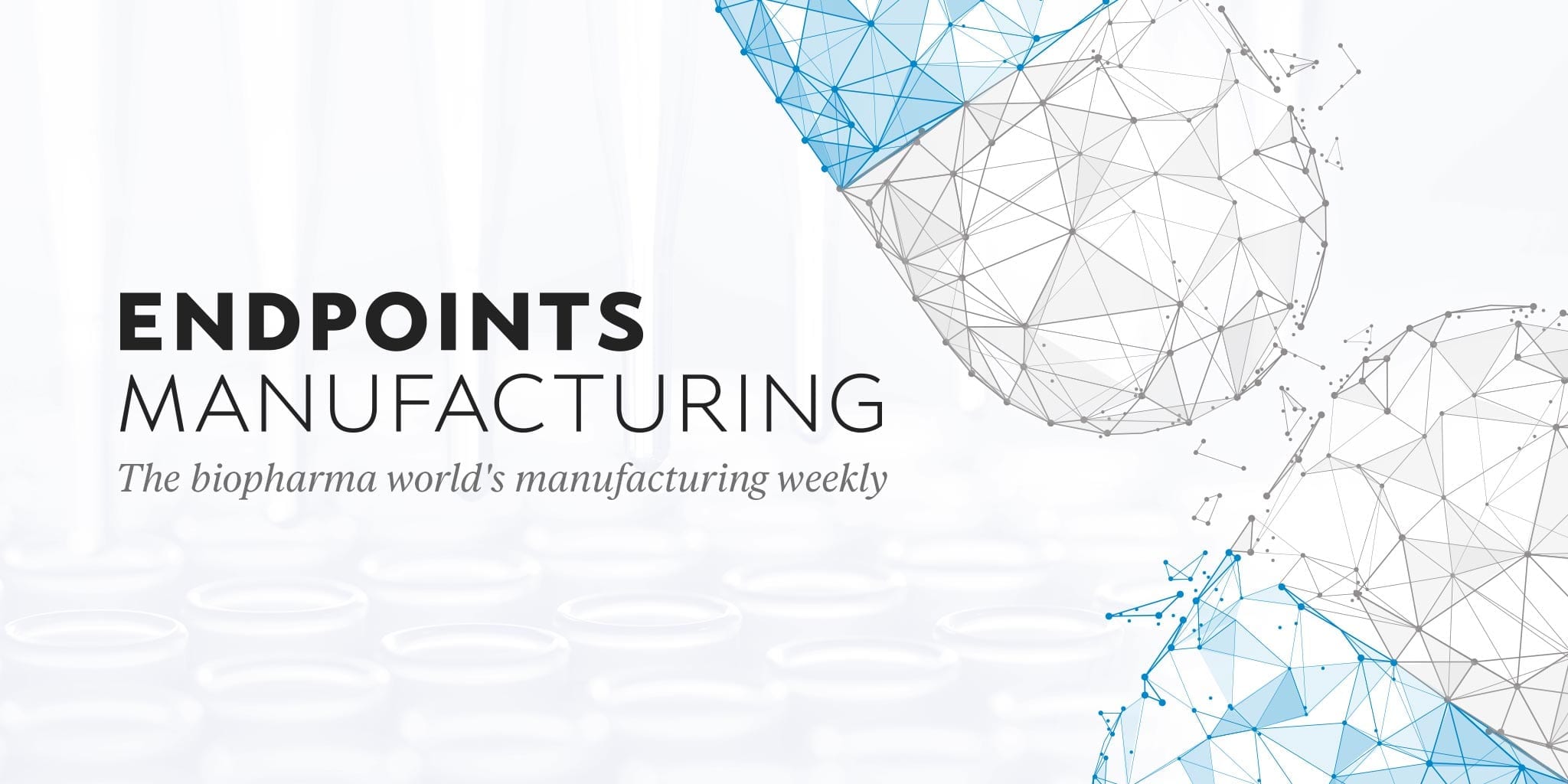
Manufacturing roundup: New Houston-based biomanufacturing site coming; UK cell and gene therapy center opens
A joint venture between Vitrian, a provider of biomanufacturing facilities, and the Howard Hughes Corporation will bring manufacturing facilities to the Houston suburb of the …
Sign up to read this article for free.
Get free access to a limited number of articles, plus choose newsletters to get straight to your inbox.